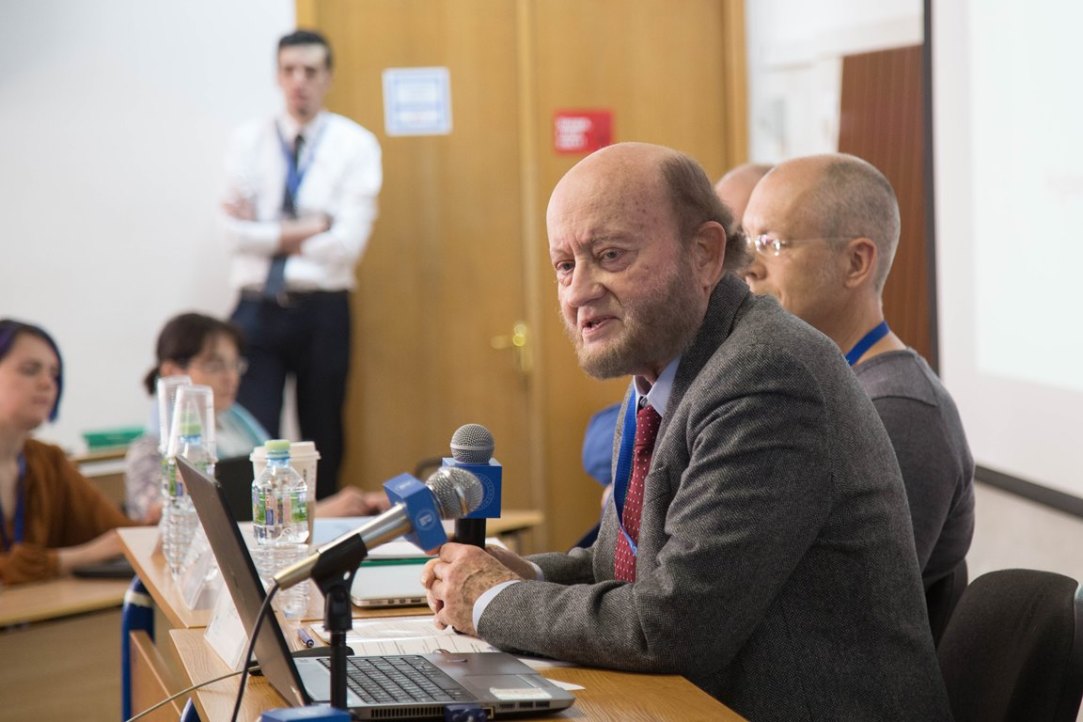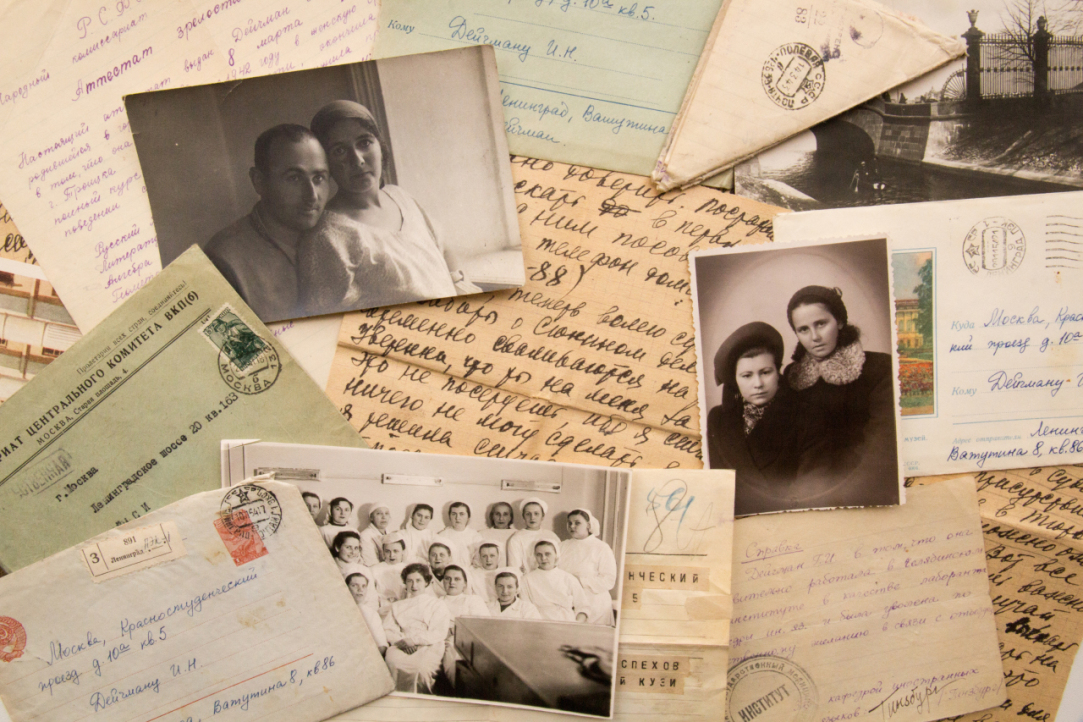
How Corporate Values Affect Bank Profits
According to international studies, values can impact corporate performance and the bottom line either directly or indirectly. In the paper 'Corporate Values and Profits of Commercial Banks: Correlation with Profits', Elena Prosvirkina and Nikolai Prosvirkin have examined the corporate values commonly declared by Russian banks and found that the widely held values of customer focus and efficiency can bring competitive advantage, but do not impact financial performance directly.
How Alcohol Affects Life Expectancy
Widespread consumption of toxic surrogate alcohols is not the only cause of lethal alcohol poisoning in Russia; even more important may be the country’s ‘culture of drinking'. This habit of drinking large quantities of strong spirits – such as vodka, brandy or whiskey – often leads to dangerous intoxication and early death.
Fulbright Scholar on Working and Living in Moscow
HSE’s Faculty of Law is a partner of the Fulbright Scholar Programme and each year has the opportunity to host a Distinguished Chair in Sustainable Development. David Wirth, a Professor who teaches and supervises research at Boston College Law School, arrived at HSE in this capacity in September 2016 and spent the past academic year in Moscow. He has talked to HSE News Service about his impressions.

What Civil Servants Want
In Russia, the job of a public official is one of the least transparent to the public: more than 50% of Russians assume that 'people in power' are concerned only with their own material wellbeing and careers. Yet the civil servants' own perspectives on the meaning and priorities of their occupation are vastly different from these popular assumptions.
Complex Issues of Identity in the Former Soviet Union Countries
The HSE Institute for Social Policy held an event entitled ‘Demographic Challenges of the 21st Century’ on 13 June 2017. At the event, Lauren Woodard, PhD candidate, Department of Anthropology, University of Massachusetts, presented her report ‘Politics of Return: Resettlement of Compatriots Programme in Primorsky Territory’. Here she talks to HSE News about the event, her research, and her interest in the complex issues of identity in Russia and the Former Soviet Union.
-%D0%B7%D0%B0%D0%B2%D0%BE%D0%B4%20%D0%B8%D0%BD%D0%BD%D0%BE%D0%B2%D0%B0%D1%86%D0%B8%D0%B8.jpg)
Russia’s Innovation Powerhouses
HSE released its fifth Russian Regional Innovation Ranking, based on the 2015 findings, at a press conference hosted by TASS. Almost half Russia’s regions are relatively stable in terms of innovative development: their positions in the ranking have not changed significantly.
-%D1%80%D0%B0%D0%B1%D0%BE%D1%82%D0%BD%D0%B8%D1%86%D1%8B%20%D0%BE%D1%84%D0%B8%D1%81%D0%B0%20%D0%B2%20%D1%80%D1%8F%D0%B4.jpg)
Graduate Salary Expectations in Russia
Students of engineering and economics, undergraduates of state universities, high performers, young people from wealthier families, and those working part-time while at university tend to expect higher salaries upon graduation.

Russia Takes 45 th Place in the New Global Innovation Index
On June 15, 2017, the tenth Global Innovation Index was presented at the UN headquarters in Geneva. It includes the key indicators of innovative activities in 127 countries. Russia took 45th place in the ranking. Switzerland is leading the ranking for the seventh year in a row.

VTB Starts Funding Comparative Social Research at HSE
This year VTB is launching the Endowment for Comparative Social Research at HSE. The endowment will make it possible to invest 10-20 million roubles in research each year. The exact amount will depend on trust management of the endowment assets, implemented by VTB Capital Investment Management.

Analysing History through Ego-documents
International Centre for the History and Sociology of World War II and Its Consequences, Higher School of Economics and The Friedrich Ebert Foundation held 'A Memory Revolution’: Soviet History Through the Lens of Personal Documents' in Moscow on 7-8 June, 2017. The conference brought together distinguished historians and sociologists from across the globe. Michael David-Fox, Professor of History, Georgetown University, and Academic Advisor of HSE International Center for the History and Sociology of World War II and Its Consequences shares his reflections and considerations on the main topic and discussions at the conference and his own research

